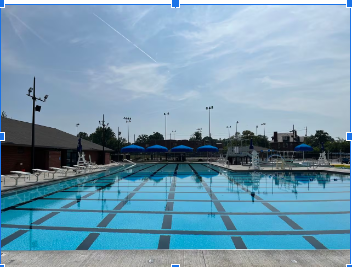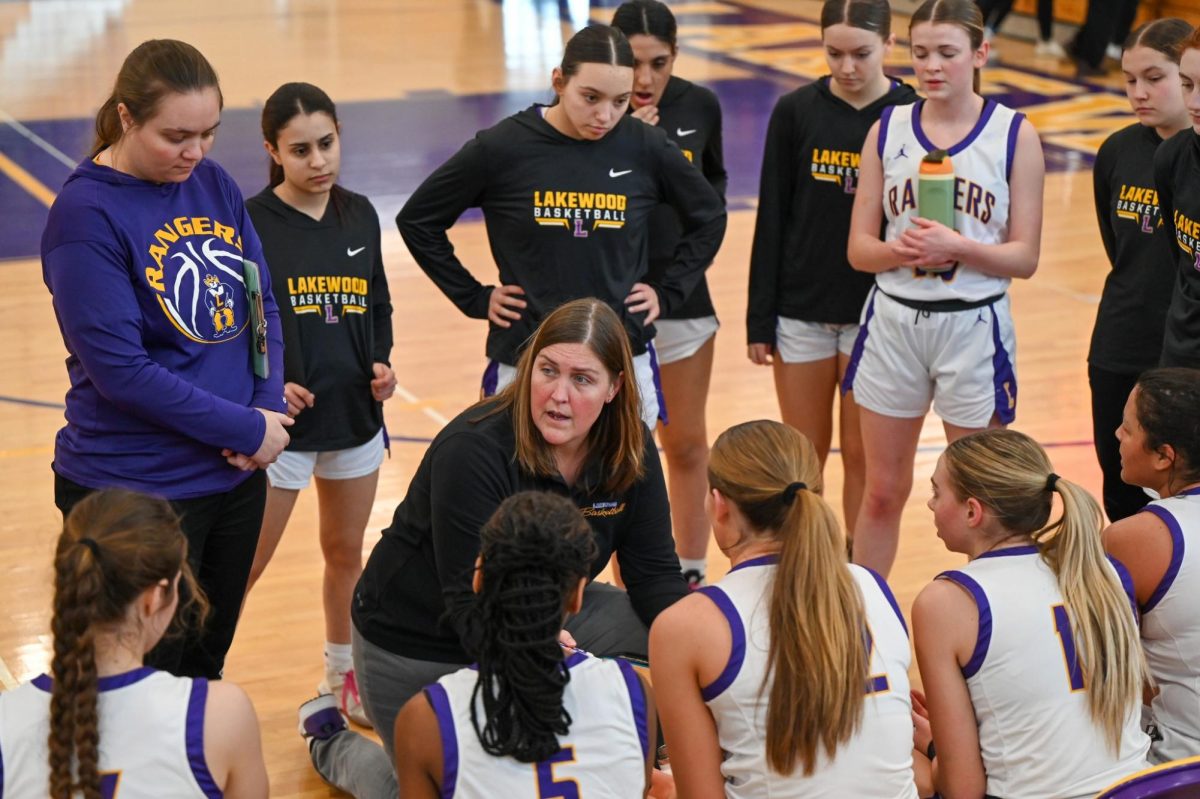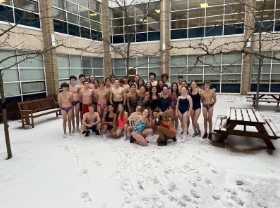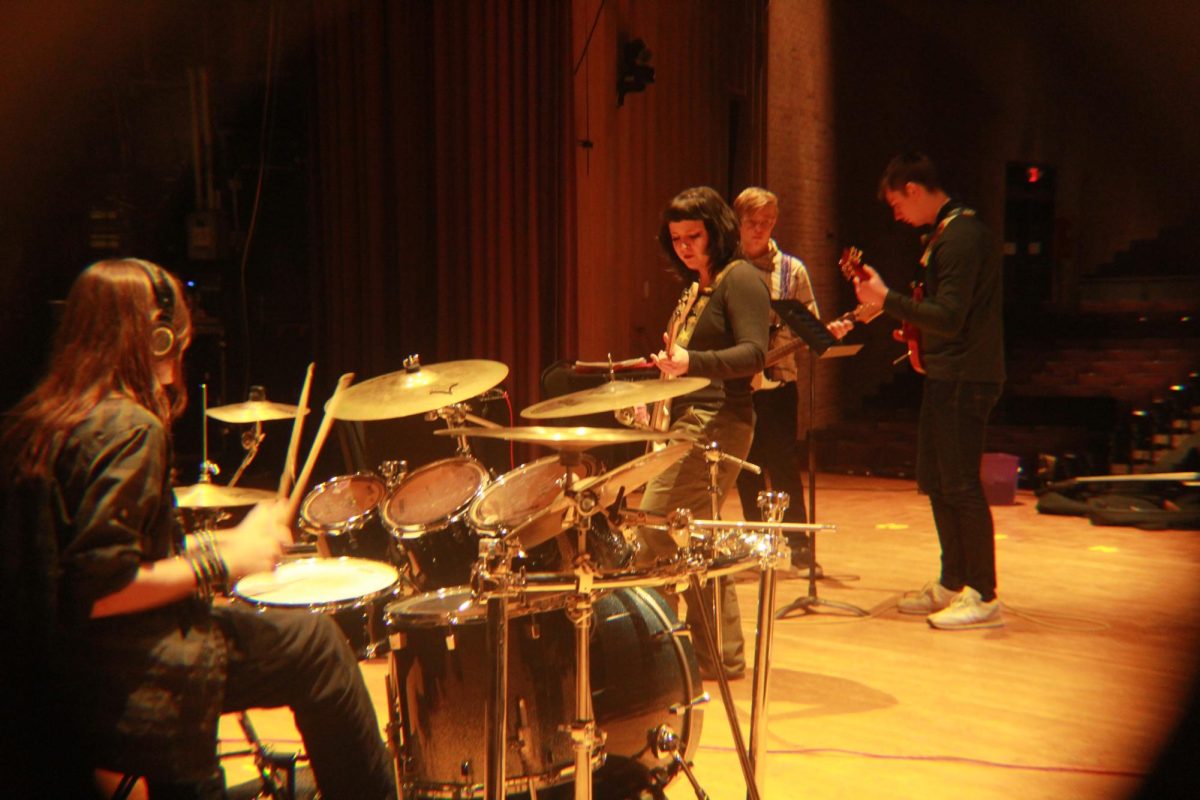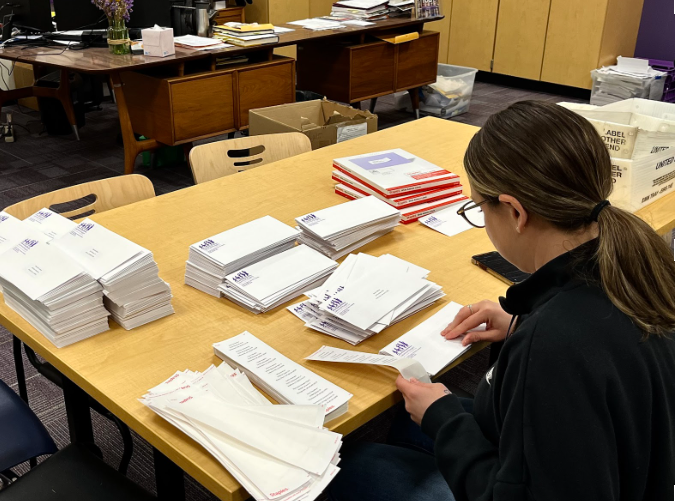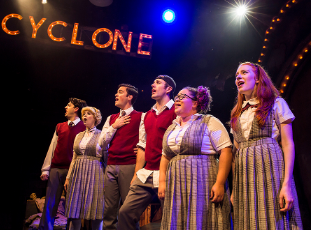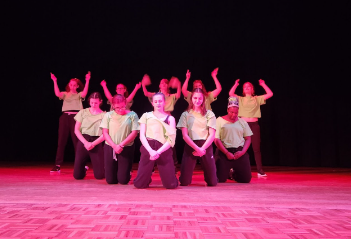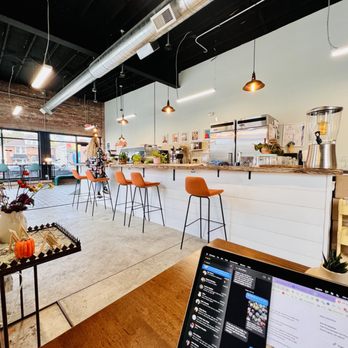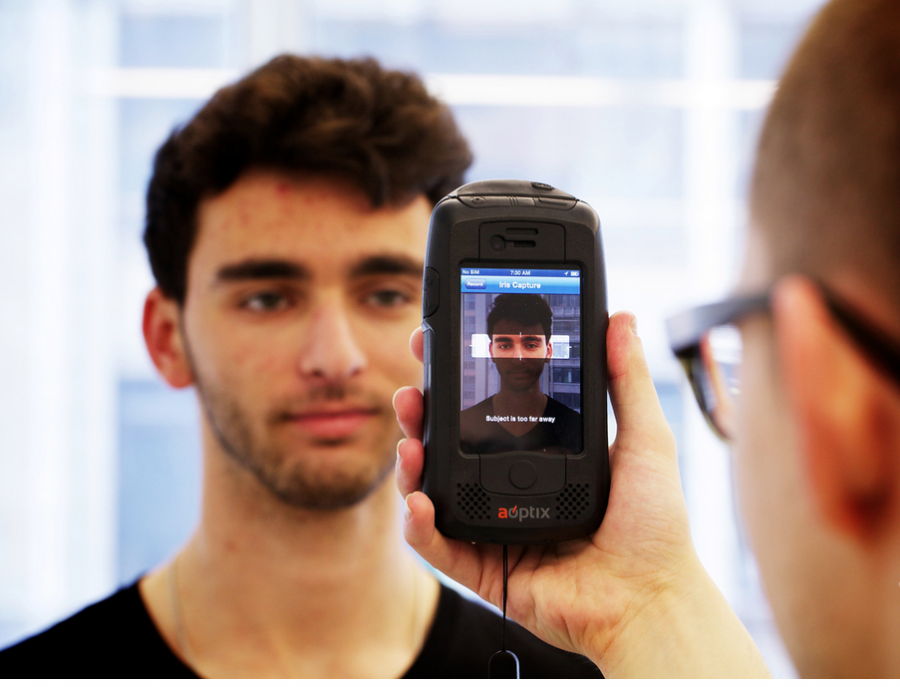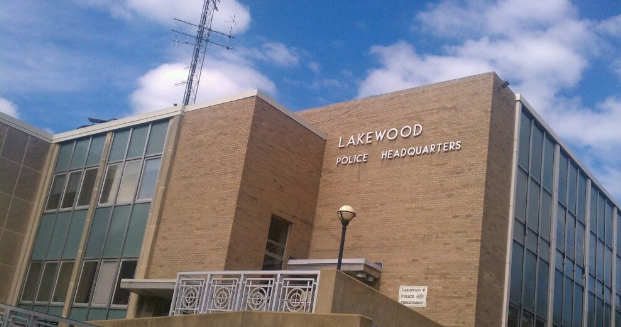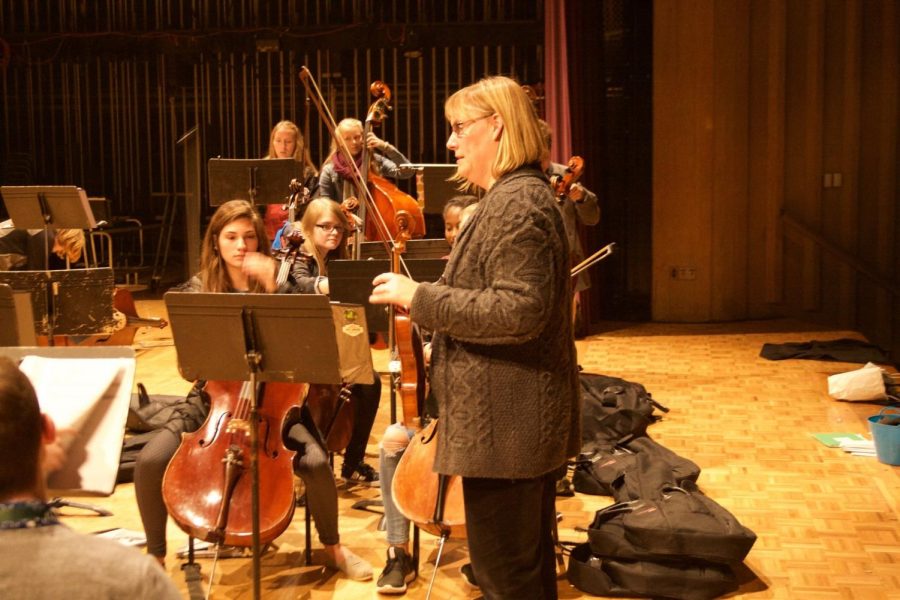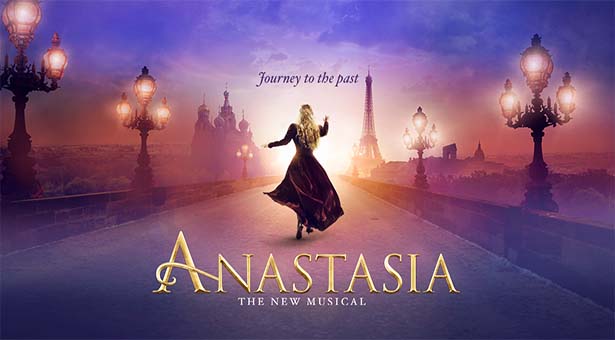In the past decades, various forms of identifiers and technology have made convicting criminals easier. DNA samples, fingerprinting, age progressive technology, and retinal scans.
“Retinal scans?” You ask. “What does that mean?”
It sounds like something out of an early 2000’s spy movie, the idea of security and identification being done via a scan of the eyes. However, it now is the cutting edge of technology and security, certain departments of police implementing it. The tech company BI2 is the inventors of this technology that has been slowly implemented since 2009. It is currently used in less than 50 police department.
The device would simply connect to an iPhone and would be a matter of a few seconds, nothing more than picture to the citizen or inmate being scanned. However this device actually works by taking 30 photos a second, tracking various points of the eye. It current use is to track inmates, being able to identify them, an easier means compared to fingerprinting.
“It’s a total violation of privacy!” Abbey Stone, LHS Alumni and CSU student said on the matter. Her point of view is based on its application for street stops. On the ideal side, it is safer in the matter that now one can know the identity of an offender in mere seconds rather than the hours a fingerprinting analysis would take. However, there is a lot of undefined territory in the collection of eye scans. It has not been considered if it is within or outside the requirements of a probable cause under the 4th Amendment. Such things are up in the air. Do only offenders have their eyes in the database like fingerprinting or can citizens who were simply stopped now have to be subjected to this?
In years to come we might see it used, and we have to be ready to consider legislation around it. Of course we should work to keep society and those who protect it sage, but how much of individual liberty do we have to sacrifice?


